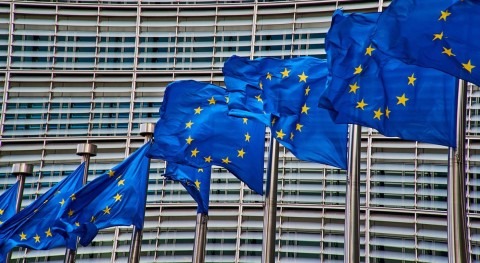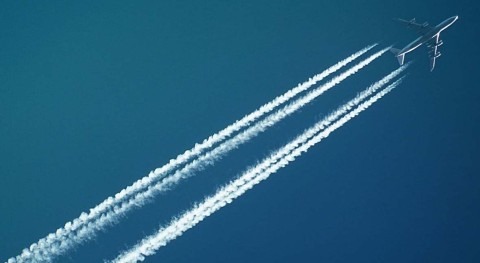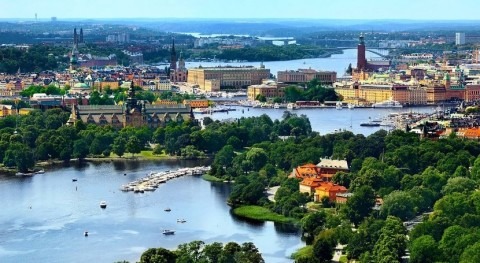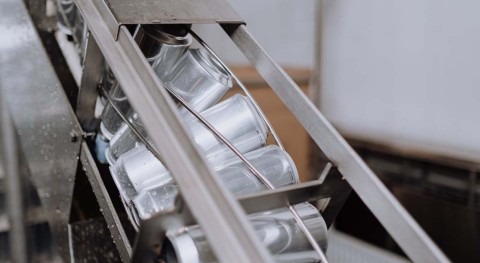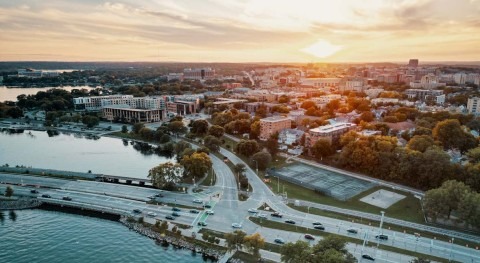Moroccan electricity and water utility ONEE has entered into agreements for various projects, ranging from desalination to renewable energy and transmission lines, in collaboration with a consortium that includes the Mohammed VI Investment Fund, as well as energy groups TAQA Morocco and Nareva, Reuters reports.
TAQA Morocco, a subsidiary of Abu Dhabi’s TAQA Group, stated that the total investment for these projects amounts to 130 billion dirhams ($14.05 billion). Prior to the announcement, shares of TAQA Morocco were suspended from trading on the Casablanca stock exchange.
The projects, which are scheduled for completion by 2030, will involve the construction of a 1,400 km high-voltage transmission line capable of handling 3,000 megawatts. This line will connect Western Sahara to central Morocco, according to a statement from ONEE.
The consortium also plans to build desalination plants across Morocco, with a total annual capacity of 900 million cubic meters. Additionally, a waterway will be created to connect the Sebou River in the northeast to the drought-affected Oum Rabia River in the south.
TAQA Morocco and Nareva will equally own the projects, with the Mohammed VI Investment Fund and other public entities holding a 15% stake
Other plans include the development of 1,200 megawatts of new renewable energy capacity and the construction of a combined-cycle gas power plant at the Tahaddart site in northwestern Morocco, with a capacity of nearly 1,500 megawatts.
TAQA Morocco and Nareva will equally own the projects, with the Mohammed VI Investment Fund and other public entities holding a 15% stake, as stated by TAQA Morocco.
ONEE mentioned that the consortium will seek both domestic and international financing for the projects but did not specify a timeline for securing the necessary funds.
These agreements come after commitments made during King Mohammed VI's 2023 visit to the United Arab Emirates, which aimed to strengthen Moroccan-Emirati cooperation.
Morocco is working to reduce its reliance on coal by increasing the use of natural gas and advancing its renewable energy strategy, which aims for 52% of installed capacity to come from renewables by 2030, up from the current 45%. The country’s renewable energy capacity currently stands at 5.5 GW.



